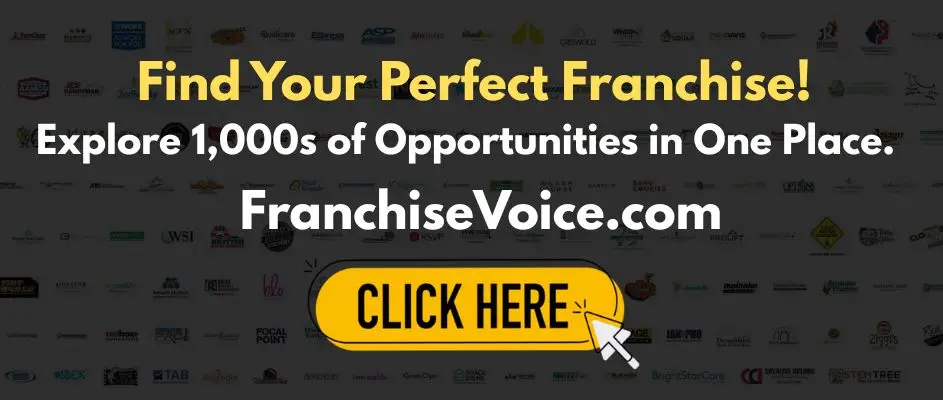Franchise vs Independent Business
A franchise business model is a licensing arrangement where an entrepreneur (franchisee) buys the rights to operate a business under an established brand’s name, systems, and support. Popular franchises in Canada include Tim Hortons, Subway, and Boston Pizza.
What is an Independent Business?
An independent business is a venture you create and operate under your own brand. It offers complete control over operations, marketing, branding, and decision-making, but comes with greater risks and responsibilities.
Franchise vs Independent Business: Detailed Comparison
1. Startup Costs and Investment
-
Franchise: Requires an initial franchise fee, setup costs, and ongoing royalties. Average franchise startup costs range from $50,000 to $500,000.
-
Independent: Costs vary depending on industry and scale. You may spend less upfront but will likely invest more in brand building and marketing.
Winner: Franchise, if you want a turnkey model with predictable costs.
2. Brand Recognition and Marketing
-
Franchise: Benefit from national marketing campaigns, brand equity, and customer trust.
-
Independent: You need to build your brand from scratch. This requires more time and marketing investment.
Winner: Franchise, especially for first-time business owners.
3. Operational Control and Flexibility
-
Franchise: Limited control. You must follow the franchisor’s rules, menu, pricing, and décor guidelines.
-
Independent: Full freedom to innovate and pivot business strategy as needed.
Winner: Independent business, for creative entrepreneurs who value autonomy.
4. Risk and Success Rate
-
Franchise: Lower risk due to proven systems and ongoing support. Success rates are generally higher than independent businesses.
-
Independent: Higher failure rate, especially in the first 2-3 years. However, with a unique product or niche, the rewards can be higher.
Winner: Franchise, for risk-averse investors seeking stability.
5. Training and Support
-
Franchise: Comes with structured training programs, ongoing support, and tools for HR, marketing, and operations.
-
Independent: You’re on your own. You must find your own mentors, hire consultants, or learn through trial and error.
Winner: Franchise, for those new to business ownership.
6. Growth Potential and Exit Strategy
-
Franchise: Growth depends on the franchisor’s expansion model. You can own multiple units, but growth is restricted.
-
Independent: Unlimited scalability. You can grow, sell, license, or even franchise your brand in the future.
Winner: Independent business, for long-term wealth creation and innovation.
Franchise vs Independent Business in Canada: 2025 Trends
In Canada, 2025 shows a growing shift toward hybrid models, such as micro-franchising and semi-independent branded partnerships. With the rise of sustainability, digital-first consumer behavior, and local business support, entrepreneurs are blending the security of a franchise with the agility of an independent venture.
Which is Better: Franchise or Independent Business?
It depends on your goals.
| Factor | Best for Franchise | Best for Independent Business |
|---|---|---|
| Budget | Higher initial capital | More flexible |
| Experience | First-time entrepreneurs | Experienced business owners |
| Risk tolerance | Low | High |
| Creative freedom | Limited | Unlimited |
| Brand recognition | Instant | Must build from scratch |
| Long-term growth | Moderate | High |
Final Thoughts
There’s no one-size-fits-all answer in the franchise vs independent business debate. If you seek structure, proven systems, and less risk, a franchise could be your best path. If you value freedom, creativity, and building your own legacy, an independent business might be more rewarding.
Whatever you choose, ensure your decision aligns with your lifestyle, values, risk profile, and vision for the future. Success comes not just from the model, but from the passion and consistency you bring to the table.
